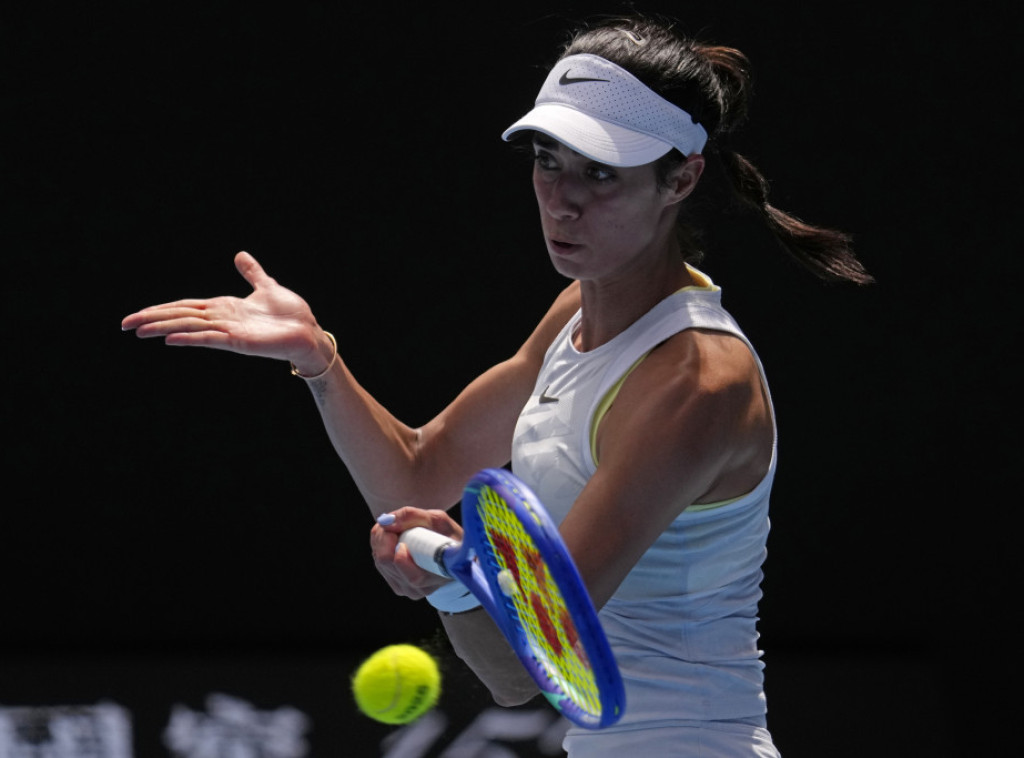The next Commission is to include a Mediterranean portfolio, highlighting the geopolitical importance the EU puts on its neighbouring region.
Jordan and Morroco are next in line to strike wide-ranging deals with the European Union in a bid to stem irregular arrivals of migrants and boost trade ties, the incoming Commissioner for the Mediterranean told lawmakers on Tuesday.
Dubravka Šuica told European lawmakers in Brussels during a three-hour hearing that she will focus on signing so-called Strategic and Comprehensive partnerships with third countries if she secures a second term in the EU's executive in charge of the Mediterranean portfolio.
"We will propose comprehensive strategic agreements with each and every state, be it with Middle East, be it with Africa, be it with Gulf countries," she said.
"Negotiations have started with Jordan and we are aiming with Morocco," she added. "We think these two countries can be helpful for us and we can be helpful to them."
Two such deals have been struck since July 2023 with Egypt and Tunisia, worth €7.4 billion and €1 billion respectively, but have drawn much controversy over human rights concerns and democratic backsliding in the two North African countries.
Egyptian President Abdel Fattah al-Sisi and his Tunisian counterpart, Kais Saied, have both been accused by domestic political opposition and human rights organisations of expanding their grip on power and helming authoritarian regimes.
Quizzed about why the Commission didn't carry out required human rights impact assessment before inking the agreements with Cairo and Tunis, Šuica insisted that time was of the essence as both countries "were on the brink of collapse and this was the reason we had to act urgently".
She said the macro-financial assistance deals have delivered strong results, including "80% less (sic) migrants coming from Tunisia in the last year compared to 2022". Assessments on their implementation have been made, she revealed, but that "the results are of a confidential nature" and cannot be made public.
'There are things we have to correct'
Although she assured the members of the European Parliament's Foreign Affairs committee (AFET) that "there are some things we have to correct, there are some lessons learnt" from those two deals, she nonetheless defended the Commission's strategy.
"If we hadn’t done anything, would it be better? If we don’t engage, who will engage? We don’t have the luxury not to engage," she said, adding that she will "continue raising" the issue of respect for human rights with Tunisian and Egyptian authorities.
Šuica also committed to carrying out human rights impact assessments prior to any future deal, that "robust monitoring" will then be implemented, and that she will ask Parliament for its input before entering into negotiations.
"All our agreements include protection of human rights," she said.
"Without conditions, nothing will be done," she added. "No cent from European taxpayers' money will go into the wrong hands."
The politician, who in the previous mandate held the Democracy and Demography portfolio, stressed that more needs to be done to boost safe and legal pathways and safe, dignified and voluntary returns, fight migrant smuggling and strengthen border management.
But she also underlined that these deals are not just about migration but to ensure the EU becomes the "reliable partner" of choice for countries around the Mediterranean, the Middle East and Africa with deeper energy and industry ties.
During her grilling, Šuica was also asked about her Middle East strategy and reiterated her support for a two-state solution, vowing to increase the EU's clout in the region.
"We want to be not only payer but player," she said. "We don’t want to be the biggest donor for everything and not have political influence."

 5 months ago
43
5 months ago
43






 We deliver critical software at unparalleled value and speed to help your business thrive
We deliver critical software at unparalleled value and speed to help your business thrive






 English (US) ·
English (US) ·